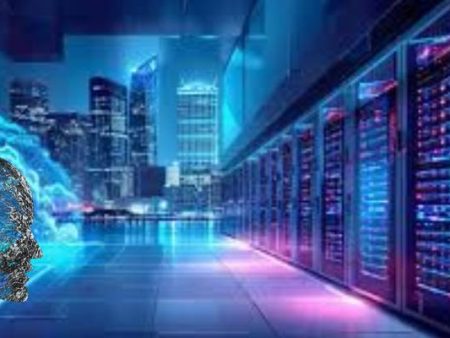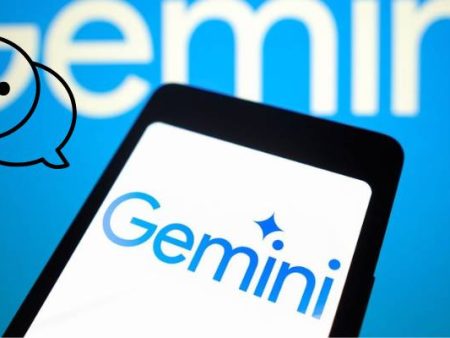It’s not often a job posting causes you to question the very definition of wealth, but when Google DeepMind surreptitiously began its search for a Senior AI Economist, it was felt across both tech and academia.
The job is not another fancy research gig - this is about imagining what happens when artificial intelligence becomes as proficient as humans.
Based on a new report from Business Insider, that’s exactly what DeepMind is seeking – someone willing to investigate how economies could function after AGI begins stretching its legs, when scarcity, productivity and potentially even money itself might have an entirely different meaning.
The post expresses an audacious aspiration: to comprehend an economics of abundance.
AI labs are always promising progress finally; but this is something else – it’s about what happens when the means continues to outstrip even the systems designed to manage it.
DeepMind’s cofounder, Demis Hassabis, has spoken in the past about a concept called “radical abundance,” where the limitations of human and machine intelligence are transcended when they work together.
As the Times of India reports, the economist will be formulating simulation models to predict what a world could look like with no human labor – from disintegrating labor markets to universal affluence.
An economy of a new type for a new type of intelligence
Try to imagine waking up to a future in which we no longer have to work – at least, not as we know it. Whose pay when machines work?
When resources are no longer scarce, how do we measure productivity? These are precisely what DeepMind wants answered.
According to a write-up shared by India Today, the function of the company is not just to predict disruption, but to design economic systems that actually work for an age of digital abundance.
It’s a fascinating problem, really. For centuries, economics has been defined by scarcity – a realization that people don’t have enough time, food and money for everything they want. But AGI changes that equation.
What happens when “limited” is no longer a term that applies? As a veteran of tech eating through industries like wildfire, it’s impossible not to be excited - and a little anxious.
The optimism is genuine, but so too is the chaos that could follow if we fail to plan.
What type of person is even eligible for this? DeepMind’s ad is suggestive of a kind of unicorn: someone who can speak the languages of economics, machine learning and game theory simultaneously and transmute AI dynamics into long-term policy thrusts. It’s an unusual nexus of data science and philosophy.
As per a Moneycontrol summary, the economist will counsel DeepMind’s bosses on how AGI might change international markets and wealth distribution. It’s kind of like a futurist you can hire, but in spreadsheets.
Yet beneath all that academic jargon is something profoundly human. What does purpose look like when work goes away?
Who owns creativity when machines can compose symphonies and write novels?
Those are emotional questions as much as economic ones, if not more so. They’re about significance – and there is no algorithm to respond to that cleanly.


